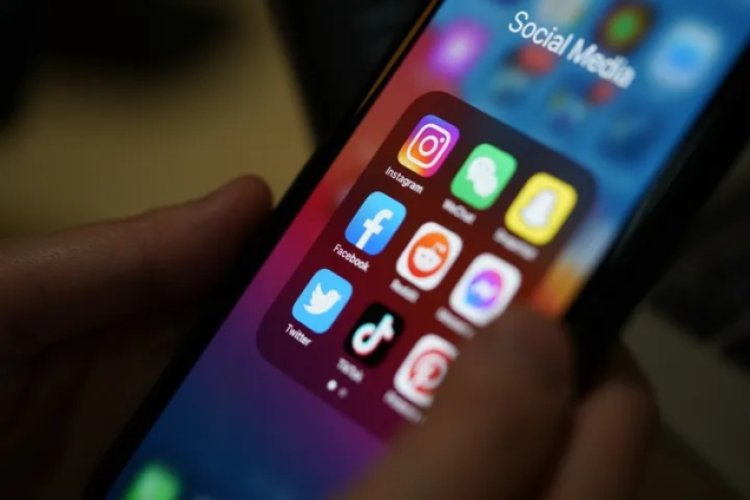Ghanaian parents spend 24% of their working hours on social media, according to a survey.
Meanwhile, the Executive Director of the group, Awo Adam Amenyah, has urged parents to guide their wards to be responsible users of the internet.

Ghanaian parents are spending roughly 24% of their productive hours on social media, according to child internet safety specialists.
Screen time is rapidly expanding among the adult population at the expense of their parental responsibilities, according to a poll of nearly 2,000 homes.
It goes on to say that sleep takes up 24% of the adult population's time, entertainment takes up 12%, and domestic duties and errands take up 8% and 4% of the adult population's time, respectively.
Desmond Israel, speaking at a session organized by the non-profit group Child Online Africa, stated that if current patterns continue, the issue might have major consequences for families.
The facilitator pointed out that adults spend 16.7% of their time with their families and 50% of their time working.
"Work encompasses everything else, beginning with school for the young and ending with work for the adult who is truly doing something constructive."
“But if you look at the statistics in detail, the real use of the time has varied. You'd notice that you only provide 4% to your family... and social media accounts for a whopping 24%. Work accounts for 24% of the total. As a result, social media is now competing with your valuable work hours," he explained.
Meanwhile, the Executive Director of the group, Awo AdamAmenyah, has urged parents to guide their wards to be responsible users of the internet.
"You know how thrilling it is to connect to a device and be able to accomplish things quickly; it's all fun." Nobody thinks about anything else but being able to complete the task efficiently.
That has to do with connectivity, yet it's difficult for us to unplug when the time comes. During the Covid-19 scenario, several of us found it difficult to stay at home without our devices or without being linked to them.
All of our actions have ramifications for us and even for the children with whom we work. When you sit down and consider the consequences of excessive usage of a device, it is only natural to be concerned about whether or not you should acquire the device for your child.
"It has immediate and long-term impacts," she said, "and these effects will have to be carefully considered before we can make sense of them."

 Boakyewaa Lawrencia
Boakyewaa Lawrencia 



































